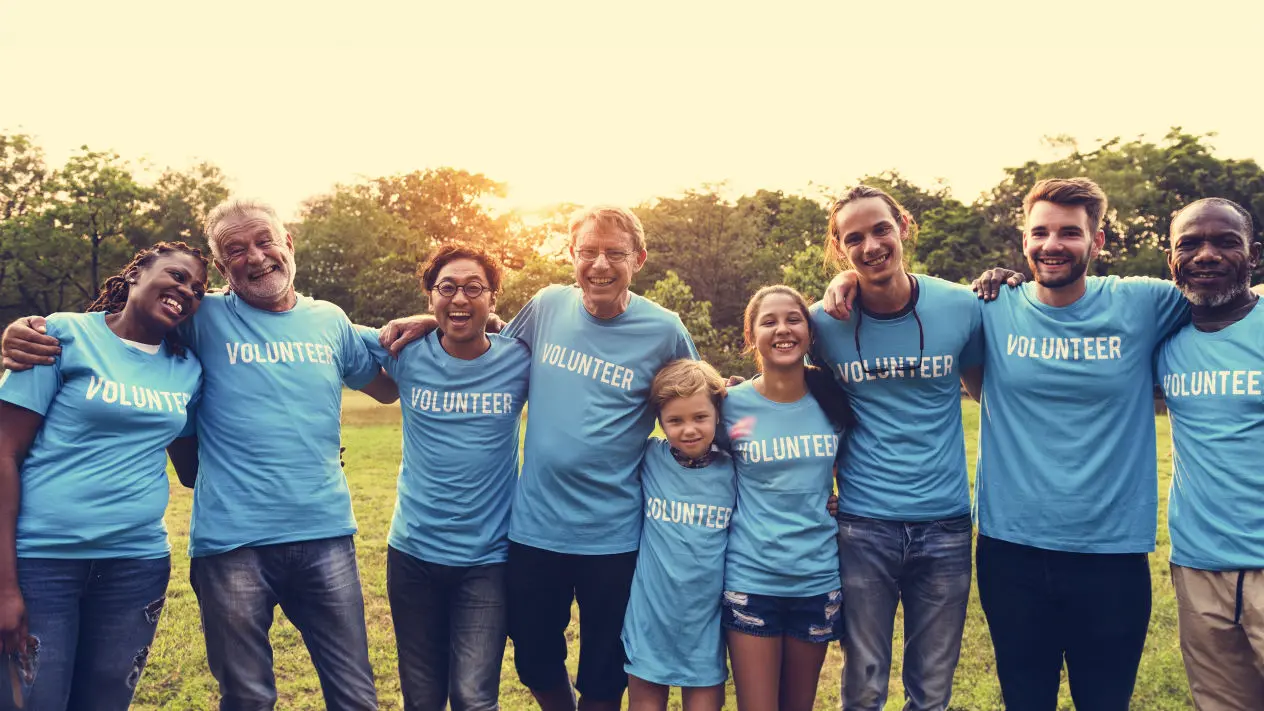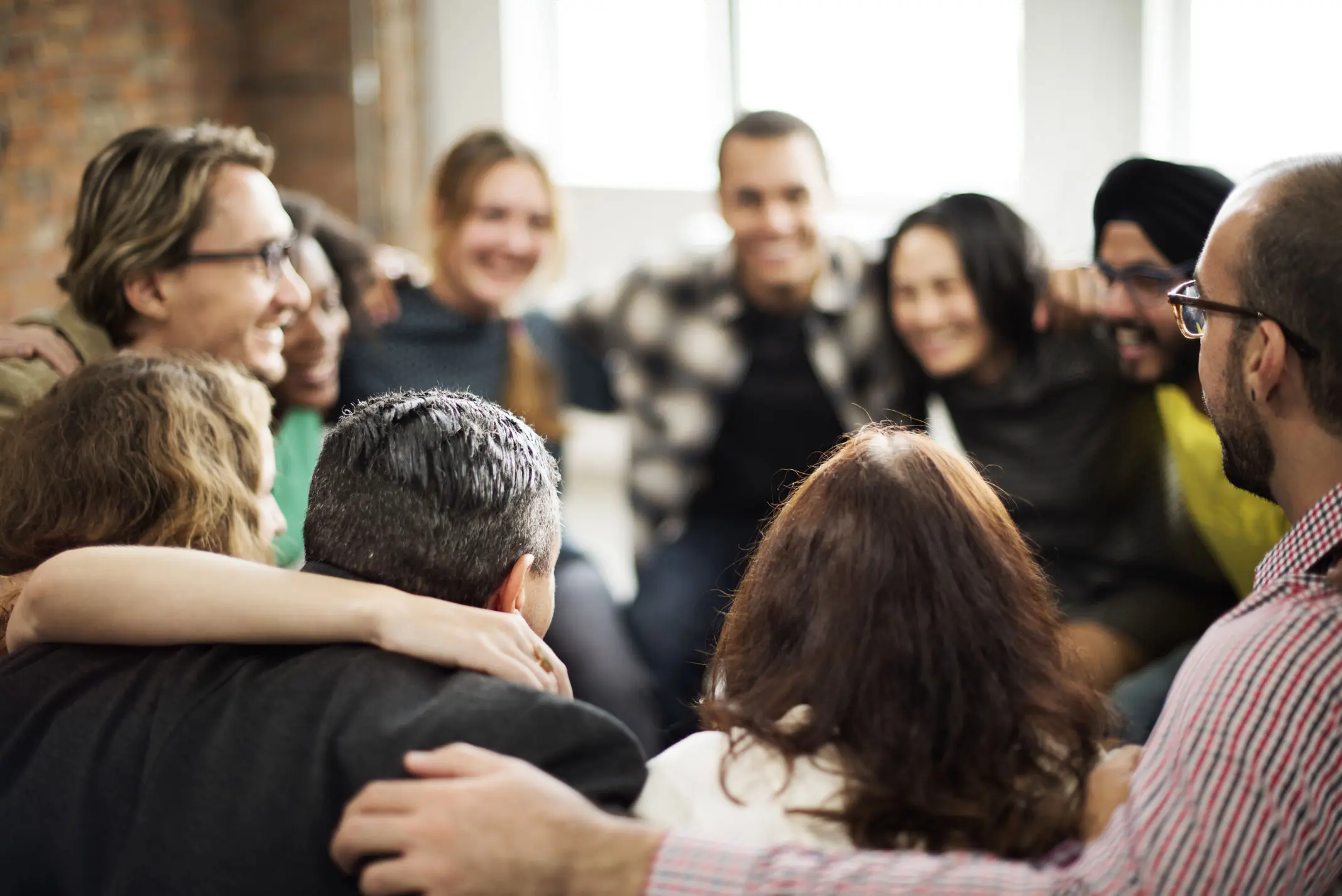

Fitzgerald’s cultural landscape reflects a community that values creativity, history, and accessibility far beyond what is typical for a city of its size. Rather than focusing on grand institutions or exclusive venues, Fitzgerald emphasizes participatory cultural experiences—welcoming, affordable, and deeply integrated into community life. For physicians relocating from major cities, this represents a refreshing shift: culture becomes something you live with daily, not something that requires planning, tickets, or commutes.
The community’s approach to arts and heritage focuses on accessibility and engagement. You’ll find performances, exhibitions, and festivals that encourage direct participation rather than passive observation—offering opportunities to experience art, history, and creativity within minutes of home.
The Grand Theatre stands as Fitzgerald’s cultural centerpiece—a magnificently restored 1936 Art Deco landmark that functions both as a movie theater and live performance venue. Its 629-seat auditorium combines classic design with modern technology, providing digital projection, surround sound, and professional-grade lighting for concerts and theater events. The presence of a rare 1926 Barton organ ("Big Bart") makes it one of only three operational theater organs in Georgia, offering audiences musical experiences found nowhere else.
Beyond film screenings and performances, the Grand Theatre serves as a community gathering hub. Its adjacent Garden Room conference space and Grand Plaza Park host public events, while the Grand Balcony Club fosters social connection through monthly dinner-and-movie evenings. For physicians seeking meaningful cultural engagement close to home, the Grand offers what many metro professionals drive hours to find—quality entertainment in a personal, elegant setting.
The Carnegie Center Gallery, located in a beautifully restored Carnegie library, serves as headquarters for the Fitzgerald-Ben Hill Arts Council and the community’s visual arts hub. Its rotating exhibitions highlight local, regional, and national artists, changing often enough to make return visits rewarding. Notable exhibitions include the Florida Highwaymen art collection, honoring Black artists and cultural history during Black History Month.
Monthly Third Thursday events transform the gallery into a performance space with live music, readings, and interactive experiences. Classes in painting, drawing, and crafts provide creative outlets for both adults and children, with a ceramics studio currently under development. The center’s atmosphere—featuring heart pine floors, the original librarian’s desk, and preserved architectural details—creates a unique blend of history and creativity.
The Blue & Gray Museum, housed in a restored 1902 railroad depot, tells Fitzgerald’s extraordinary founding story as a post-Civil War veterans’ colony. The museum’s narrative celebrates reconciliation—Union and Confederate veterans uniting to form a new community built on shared purpose and peace. Artifacts, films, and exhibits connect visitors to this remarkable history, offering a powerful reflection on unity and progress.
Downtown Fitzgerald itself is a living museum, with architectural walking tours and historic cemeteries that bring local stories to life. For newcomers, these resources provide both educational value and a deeper sense of connection to community identity.
The Wild Chicken Festival, held each March in historic downtown Fitzgerald, celebrates the town’s most colorful residents—its free-roaming Burmese chickens. The festival transforms this quirky symbol into a vibrant regional celebration featuring a 5K “Run for the Roost,” arts and crafts, live music, contests, and family activities. The event is free and community-driven, embodying Fitzgerald’s welcoming spirit.
Beyond this signature event, Fitzgerald hosts Fourth of July celebrations, Easter egg hunts, and a range of seasonal gatherings organized by the Arts Council and Department of Leisure Services—offering genuine community connection rather than commercialized entertainment.
Fitzgerald’s downtown district embodies small-town authenticity—walkable, historic, and filled with independent shops and local entrepreneurs. Boutiques such as Grandma’s Closet, The Gallery, The Ivy on Pine, and Bella Rue French Market offer antiques, home décor, and curated treasures that attract visitors from across the region. The area’s revitalization focuses on preserving heritage while encouraging creative enterprise, ensuring that local business reflects personality, not corporate sameness.
Cafés and coffee shops double as community gathering spots, fostering the social vibrancy metropolitan suburbs often lack. For newcomers, downtown offers not only charm and convenience but also a sense of belonging—a place where merchants remember your name and neighbors greet you by sight.
Fitzgerald’s dining scene blends Southern tradition with variety and authenticity. Restaurants emphasize quality comfort food—fried chicken, barbecue, fresh vegetables, and scratch-made desserts—alongside diverse options like Mexican cuisine, classic American grills, and Mediterranean-influenced cafés. The focus here is genuine hospitality, not high turnover or pretense.
Meals unfold at an unhurried pace, service feels personal, and prices remain refreshingly modest. For home cooks, Fitzgerald’s agricultural surroundings provide ready access to fresh local produce and meats, allowing families to enjoy farm-to-table dining without premium metropolitan markups.
Fitzgerald’s cultural life delivers something rare: enrichment without exhaustion. You’ll experience arts, music, history, and cuisine that invite participation and connection, not scheduling stress or financial strain. The Grand Theatre brings professional-quality entertainment minutes from home; the Carnegie Center Gallery makes art genuinely accessible; and the Blue & Gray Museum connects residents to a story of reconciliation and shared purpose.
In Fitzgerald, culture exists not only in its institutions but in its character—in the historic streets, community festivals, and welcoming people who create shared meaning through everyday experience. For physicians seeking a lifestyle that balances professional fulfillment with genuine quality of life, Fitzgerald offers a cultural foundation that surprises and sustains.


Faith and community connection are often central to family life, and understanding the religious landscape of Fitzgerald is essential when considering relocation. In Southern Georgia, faith plays a visible and influential role in community identity. Fitzgerald reflects this tradition with a deeply rooted Christian presence—predominantly Baptist, Methodist, and other Protestant denominations—while also maintaining respect and growing inclusivity for other faiths. Though the area’s interfaith diversity is more limited than metropolitan regions, spiritual community and belonging remain readily available for those seeking meaningful connection.
Fitzgerald’s Christian community is expansive and active, offering worship opportunities across denominational lines. With approximately 60 congregations serving a town of fewer than 9,000 residents, church life forms a vital part of Fitzgerald’s cultural and social fabric. Baptist congregations are the most numerous—more than 30—including Southern Baptist Convention churches and independent fellowships. First Baptist Church Fitzgerald (402 S. Merrimac Drive) stands as one of the largest and most active, offering children’s ministries, youth programs, and flexible scheduling for professionals.
Beyond the Baptist presence, Fitzgerald hosts Methodist, Presbyterian, Episcopal, and Catholic churches, alongside charismatic and non-denominational communities. This theological breadth allows physicians and families to find worship styles ranging from traditional liturgical services to contemporary praise gatherings. Hispanic ministries, such as Iglesia Hispana Monte Sinai, reflect the community’s evolving demographics, offering Spanish-language services and bilingual outreach.
In Fitzgerald, churches serve as social centers as much as places of worship. They are where families build friendships, newcomers find community, and children develop lifelong values. For physicians relocating to the area, participation in church life can provide instant access to local networks—social, professional, and spiritual.
Congregations in Fitzgerald tend to be warm and welcoming, with members eager to include newcomers. The intimacy of smaller church communities fosters genuine relationships and mentorship. That said, Southern church culture often reflects traditional theology and social conservatism, which may differ from metropolitan norms. Physicians accustomed to pluralistic or progressive congregations should explore multiple options to find the right fit. Regardless of denomination, hospitality and service-oriented outreach are consistent features of Fitzgerald’s faith life.
Temple Israel in Valdosta (60 miles south) serves as South Georgia’s only active synagogue. Established in 1908 and led by Rabbi Moshe Elbaz, it is affiliated with the Conservative movement and holds weekly Friday evening services and monthly Saturday morning Shabbat worship. The synagogue also celebrates High Holy Days and hosts community events in a historic facility that includes a social hall, kosher kitchen, and classrooms.
While the distance requires planning, many families maintain Jewish life through home observance, regional holiday participation, and community connection. Temple Israel frequently supports lifecycle events for families across South Georgia, offering meaningful engagement even without weekly attendance.
Muslim families in Fitzgerald can access worship through Masjid Al Amal (Valdosta Islamic Center) or the Islamic Center of Albany, each approximately 60–70 miles away. These centers provide daily prayers, Jummah services, Ramadan programs, and youth education. Both communities emphasize inclusion, interfaith outreach, and support for Muslim families in predominantly Christian regions.
While weekly travel for Jummah prayers may be challenging, many Muslim physicians maintain connection through home-based prayer, online learning, and periodic visits for major observances such as Eid. Physicians with flexible schedules can also coordinate Friday attendance when possible.
Hindu families will find the nearest temples in the Atlanta metropolitan area—notably the Hindu Temple of Atlanta (Riverdale) and the BAPS Shri Swaminarayan Mandir (Lilburn), the largest in the U.S. While 150 miles away, many families plan occasional trips for festivals such as Diwali and Holi and maintain daily practice through home puja and family rituals.
Other traditions—including Buddhist, Sikh, and Jain communities—do not yet have organized facilities in Fitzgerald. Practitioners often connect digitally or travel periodically to metropolitan centers for gatherings, retreats, or observances.
Faith practice in Fitzgerald requires the same thoughtful balance physicians bring to other aspects of life: weighing community connection, accessibility, and personal conviction. For Christian families, Fitzgerald provides abundant opportunities for belonging and service. For non-Christian physicians, maintaining spiritual life may involve home-based observance, periodic travel, or online engagement. Both paths can yield meaningful fulfillment depending on individual priorities.
Ultimately, Fitzgerald’s faith landscape offers deep-rooted Christian community and respectful space for interfaith engagement. Whether your spiritual life centers on weekly worship or quiet family practice, the community’s character—grounded in hospitality, tradition, and shared values—supports a lifestyle where faith and community coexist in authentic, balanced ways.
